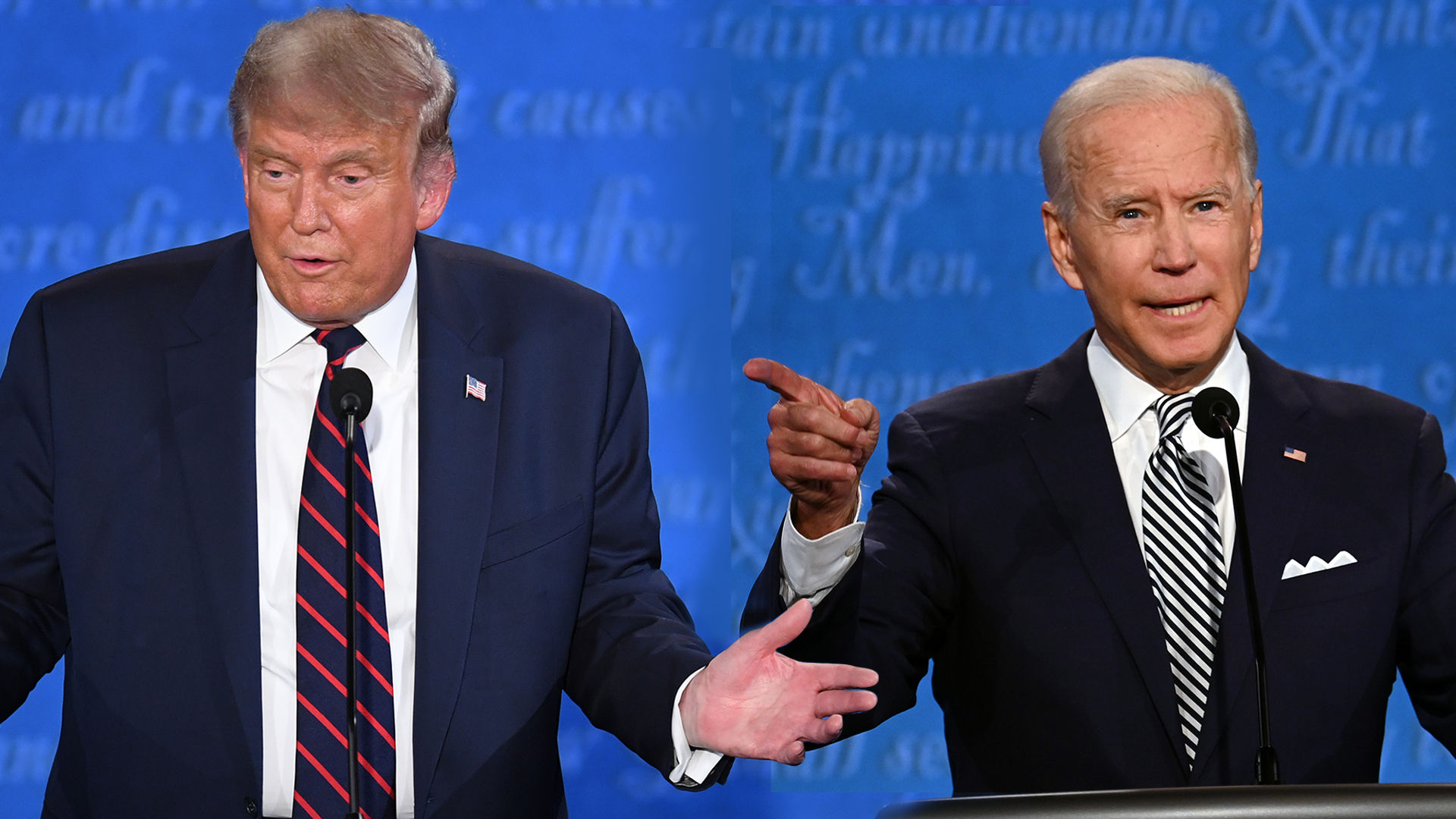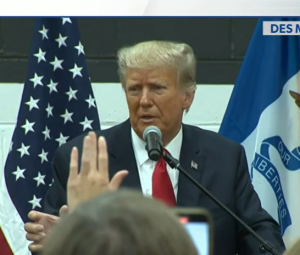With US President Donald Trump being hospitalised after testing positive for COVID-19 a month ahead of the US Presidential elections, questions on what happens if a presidential candidate drops out of the race have been raised.
A US Presidential nominee has never died or had to withdraw from a White House race just days ahead of the US Elections, hence critics are now questioning on what happens if such an untoward scenario occurs.
President Donald Trump, who is 74 years old, faces 77-year old Democratic opponent Joe Biden in the Presidential elections scheduled for November 3.
Here’s your one-stop guide on a scenario that has never occurred in US history before:
*If a candidate drops out, US Senate, which is now controlled by the Republicans and the House of Representatives, controlled by the Democrats, will have to agree on a postponement of the elections.
Capri Cafaro, former Democratic member of the Ohio state senate who teaches at American University, says, “I don’t see it happening.” Cafaro adds, “It is unlikely a Democratic majority would want to postpone the election.”
Even during the Civil War between the North and South, the 1864 election was held as scheduled with Abraham Lincoln winning another term.
*Both parties, the Democrats and the Republicans, have rules that denote how to fill a vacancy on a presidential ticket should it ever occur.
In the case of Trump’s GOP, the 168 members of the Republican National Committee will vote on a replacement. The Republican National Convention could also reconvene with its 2500 delegates to select a new candidate. A simple majority will be needed to choose a new candidate in both cases.
Now in case, the Democratic Presidential nominee drops out, a new Presidential candidate will have to be selected by the nearly 450 members of the Democratic National Committee.
Capri Cafaro, a former Democratic member of Ohio Senate, says, “The problem at this point is that we are so far along in this 2020 election that not only have people cast ballots, ballots have already been printed.”
She further adds, “You really don’t have enough time to reprint ballots, which say Mike Pence or Kamala Harris,” referring to the Republican and Democratic vice presidential nominees, respectively.
More than 3.1 million Americans have already cast their ballots, according to a tally by the US Elections Project at the University of Florida.
In addition, deadlines for ballot access vary from state to state and they have already passed in most cases.
While the United States holds a popular vote, the president is elected by an absolute majority of the 538 members of the Electoral College.
In every state except for two (Nebraska and Maine), the candidate winning the majority of the popular vote in that state wins all that state’s electors.
The members of the Electoral College will gather in their respective states on December 14 and vote for president and vice president.
If a candidate dies or withdraws before the Electoral College casts its votes, things can get complicated.
Individual state laws come into play but each party could theoretically direct its electors to vote for a replacement candidate.
On January 6, 2021, Congress will certify the results, with the winner being sworn in as president on January 20.







